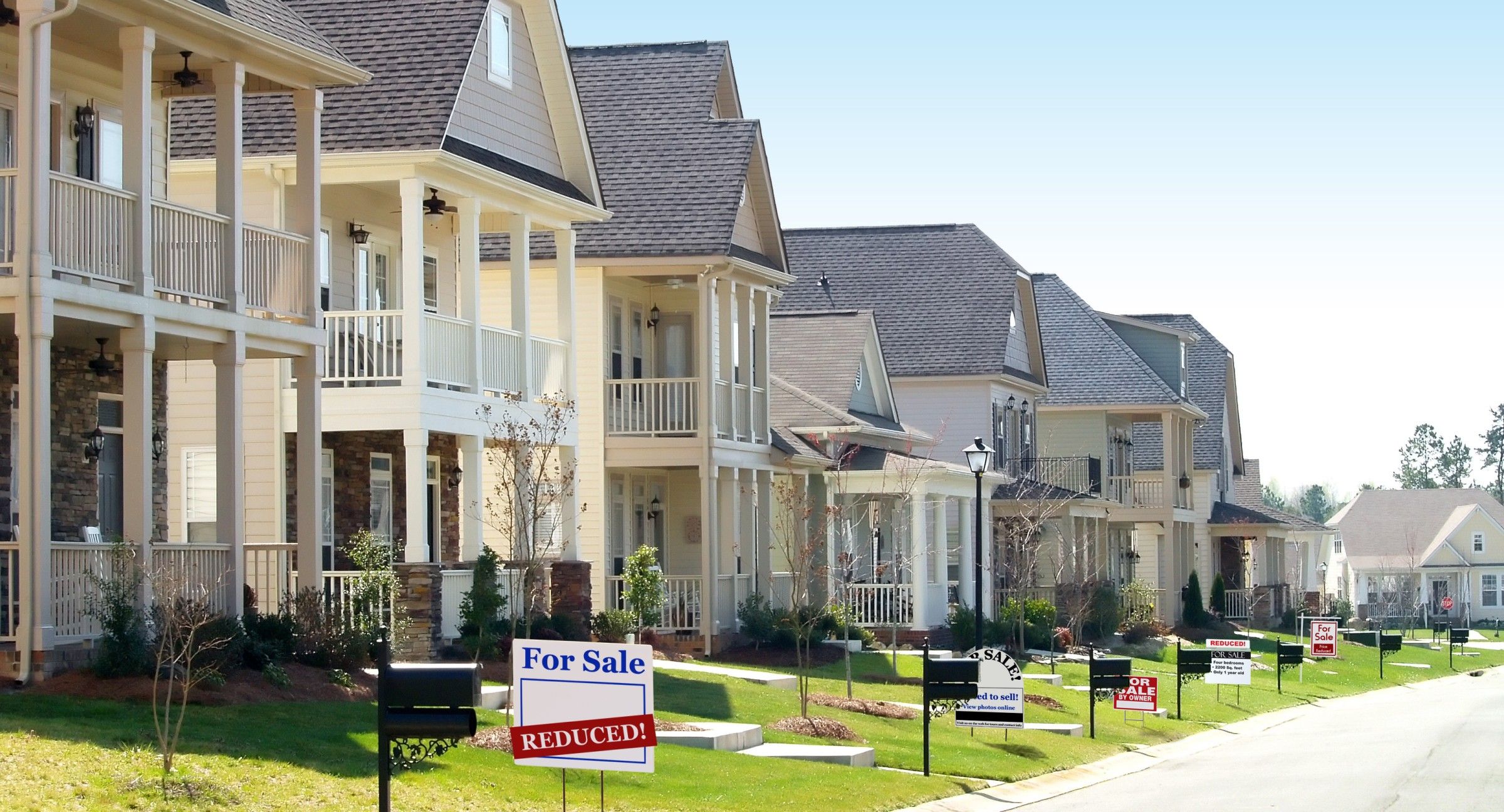
After a two-year buying frenzy, rising interest rates, inflation, and uncertainty about the economy's future have planted many prospective homebuyers firmly on the sidelines. Will interest rates continue to climb, level out, or return to the unprecedented lows we saw at the height of the pandemic?
We hear this question frequently, and experience tells us that the best way to answer it is by analyzing current real estate trends that will impact the housing market. Here’s what we’re seeing.
The Market Will Remain Slow
Over the last two years, home sales surged at a rate we haven't seen since 2006. To put that into perspective, 6.1 million housing transactions occurred in 2021 alone. Compare that to 5.95 million home sales in 2022. So what do we expect in 2023?
Homes will stay on the market longer. We’ll also see less overbidding, more negotiations, and stable home prices.
Empty Offices and a More Mobile Workforce
Between 2019 and 2021, remote workers tripled from roughly 9 to 27.6 million. While many workers have returned to the office, one thing is for certain: remote and hybrid working models are here to stay. As a result, we expect more commercial real estate to hit the market as organizations downsize or liquidate their empty offices.
Remote models also impact residential real estate as more workers change locations, look for larger homes with dedicated offices, and prioritize greener residences that reduce their monthly energy bills.
People Will Continue to Exit Expensive Cities
New York, Chicago, and Los Angeles are massive (and expensive) markets, and none of them made the list of cities to watch for real estate growth in 2023. Why? They’ve been replaced by Sun Belt cities like Nashville, Dallas, Atlanta, Austin, Tampa, Miami, and Phoenix.
We see a trend towards mid-sized, more affordable cities continuing into 2023.
Climate Makes an Impact
Climate change is happening whether we like it or not, and it’s impacting consumer behavior. More and more homebuyers are avoiding areas with extreme weather like flooding, hurricanes, and never-ending winters. Why? There are a few reasons, some obvious and others not so obvious.
Thanks to remote working models, more prospective homebuyers are mobile. That flexibility allows them to choose where they live—and consumers are choosing warmer, more stable climates.
But warmer weather isn’t the only factor at play. Prospective homebuyers are also reluctant to pay high-risk insurance and energy bills. So while Florida has a pleasant year-round climate, it’s also a low-lying state that requires flood and hurricane protection. Nevada may be immune to hurricanes, but high temperatures mean higher energy costs.
Right Start Mortgage: Your Mortgage Experts Since 1989
Contact the expert mortgage advisors at Right Start Mortgage for more information. Whether you’re looking to buy or refinance your home, we’re here to help. Get started today! Request a free personalized rate quote.